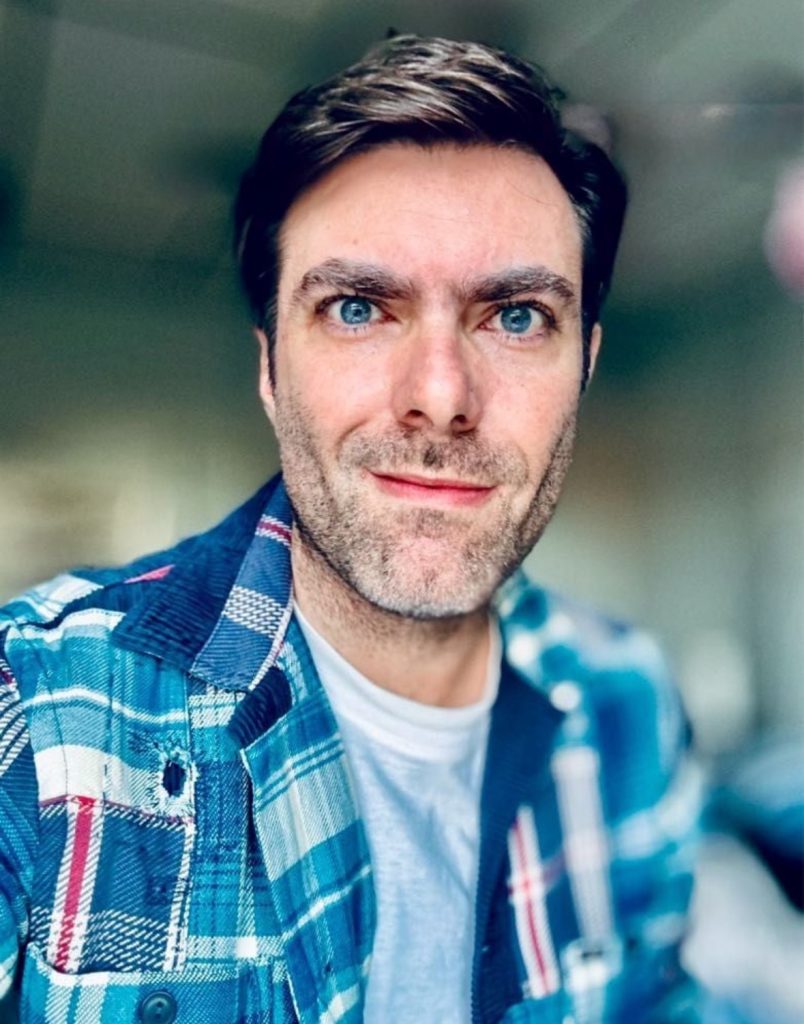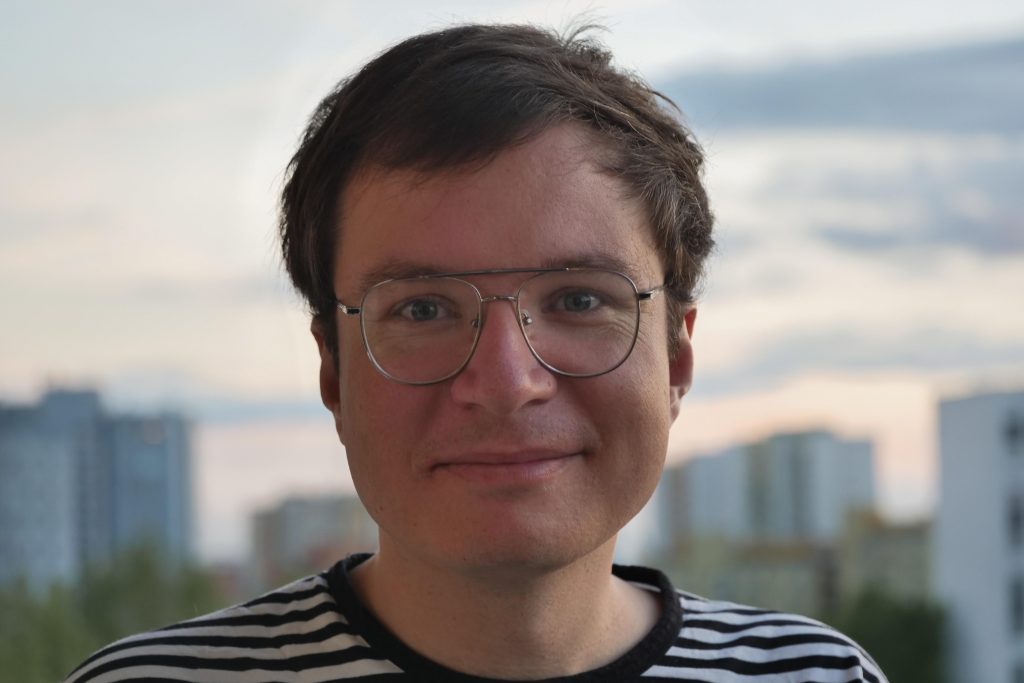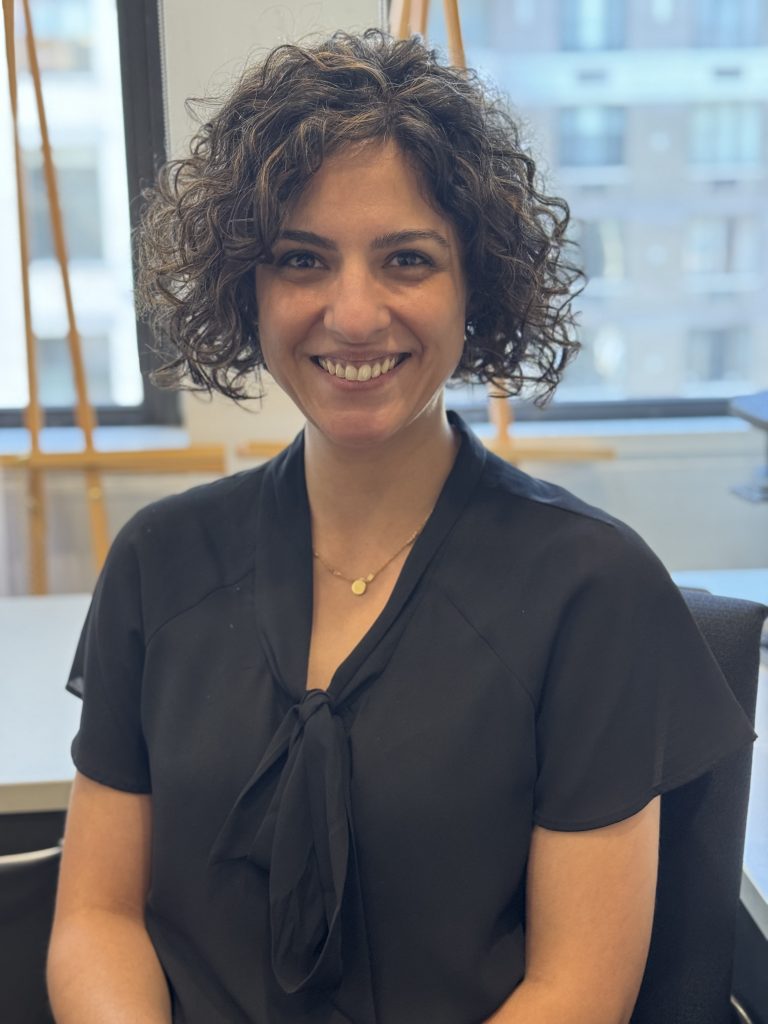Junior Research Scholars
2025-2026 academic year
Junior Research Scholars

Emmanuel Guerisoli holds a PhD in Sociology and History from The New School for Social Research and was a Postdoctoral Fellow at the Zolberg Institute on Migration and Mobility.
Previously, he studied law in Argentina and France, specializing in international criminal law and human rights, and earned a Master’s degree in politics and international studies in the United States, focusing on international security and terrorism.
In his doctoral dissertation, he explores how the interaction of emergency regimes, racialized securitization, and settler colonial spatial frameworks cements the foundations of the war on terror’s legal architecture and informs the design of the different legal modalities that have been applied by the United States against terrorist subjects.
Emmanuel relies on race critical theory and (post)colonial studies, making use of a historical comparative methodology and critical legal analysis, in order to trace the complex genealogies of each different legal mechanisms, revealing their settler colonial legacies and showcasing how they have generated differential citizenship by extending jurisdiction beyond U.S. borders and by fragmenting constitutional protections to certain racialized subjects within the country.
He’s currently working on a book manuscript tentatively titled “Enemies of Humanity: A Global History of the War on Terror” that traces the origins of the criminalization of transnational terrorism from how imperial formations framed piracy, banditry, and rebellion as crimes against the civilized world to how nation-states developed clandestine paramilitary operations to eliminate “subversive groups” through the use of state-terror, such as Operation Condor, and eventually deployed a framework of military and criminal legal devices enforcing a transnational network exclusively targeting jihadism with the global war on terror.
Emmanuel is currently also working on two other projects. The first one concerns how current far right movements and leaders in Europe and the Americas have weaponized memory politics by rewriting history and reframing the second half of the 20th century as a period of cultural and moral decadence and portraying themselves as agents of a type of new risorgimento or resurgence rescuing the nation from discourses of self victimization, rootless globalization, and progressive ideologies. The second one focuses on the use of state terror and far right paramilitary violence in the 70s by comparing how democratic and authoritarian regimes made use of the state of exception, specifically in Italy and Argentina during their respective “anni di piombo”/”guerra sucia”, to deploy a systematic plans to eliminate so-called subversive elements. Lastly, he’s also at the very early stages of researching the role of fascism and messianic catholic nationalism in the colonial projects of Italy, in Albania, Trento, Greece, and Tripolitania, and of Argentina, in Patagonia and the Gran Chaco, respectively and how their reshaped settler colonialism objective of “destroy to replace”.
Emmanuel has taught courses on race critical theory, settler colonialism, sociological theory, citizenship, legal, political & historical sociology, migration, and state & non-state violence, at both the undergraduate and graduate levels in the United States, Germany, Mexico, and Argentina.
He has also been engaged with NGOs and other agencies in Buenos Aires and NYC in areas such as imprisonment, sexual violence, access to sexual and reproductive rights, immigration, and drug addiction assistance.
2024-2025 academic year
Visiting Scholars

Tadeusz Koczanowicz is a two-year Mobility postdoc at the Transregional Center for Democratic Studies at the New School sponsored by the Swiss National Science Foundation. He holds a PhD from the Faculty of Arts and Sciences at the University of Zurich. The title of his thesis was “Community of Refugees: The Experience of Exile in Edward Abramowski’s Thought and Its Modern Reconfigurations”. It examined the impact of the experience of exile on the concept of non-state socialism created by Abramowski, a nineteenth-century Polish sociologist and psychologist.
This perspective placed Abramowski’s ideas within the context of modern discussions about the end of the nation-state and the status of a refugee in social, political and cultural thought. Before coming to Zurich, Tadeusz earned bachelor’s and master’s degrees in Sociology and Social Anthropology and a master’s degree in Polish culture at the University of Warsaw and studied German culture and language at the Free University of Berlin as a Erasmus student. He was also a lecturer at The SWPS University of Social Sciences and Humanities in Warsaw.
Project Title: Community of Refugees: Alternatives to the Nation-State from Europe’s Periphery
My project is motivated by the central question: it is possible to have a fundamental political polity that is not based on the concept of nation or nation-state? By non-national and non-state community I mean one based on mutual concern, friendship, and respect that transcends national and ethnic values. Such a community was proposed by the nineteenth-century Polish thinker and political refugee Edward Abramowski, who called it a “union of friendship”. While his critique of the nation-state was holistic and thorough, the “union of friendship” was more of a call for a new way forward than a fully elaborated proposal. I would like to further develop Abramowski’s critique of the nation-state by bringing it into dialogue with modern concepts of community proposed by two other political refugees from the peripheries who envisioned alternative forms of political organization: Hannah Arendt, who was from the borderlands of the Prussian Empire, and the Polish sociologist Zygmunt Bauman.
Junior Research Scholars

Bahareh Ebne-Alian is a PhD graduate from the Sociology department at The New School for Social Research. Her work revolves around a set of issues at the intersection of law, religion, and authoritarian power. She is specifically interested in investigating the complicated role(s) of law in authoritarian and hybrid regimes. Her dissertation, “Rationalities of the Dual State in Iran: Law and Authoritarian Power in the Islamic Republic”, examines the dual structure of law and discretionary power in the Islamic Republic of Iran, using and extending Ernst Fraenkel’s theoretical framework on the Dual State.
Currently, Bahareh is engaged in two main research projects. Firstly, she is revising her dissertation into a book manuscript and concurrently working on a book chapter that explores the revolutionary origins of the Dual State in Iran. Her second book project builds on another major thread in her dissertation work, examining religious authoritarian rule by law in Iran and other Muslim-majority contexts.
2023-2024 academic year
Visiting Scholars

Aneta Kohoutová is a PhD candidate from the Czech Republic. She considers herself an active urban citizen. Her everyday practice corresponds to the area of her research: The ethics of public space. Such is also the topic of her Ph.D. thesis she is currently working on as a student of the Centre for Ethics (Pardubice, CZ, since 2019). Her research deals with different philosophical approaches towards citizenship, sense of belonging, power relations, and various layers of public spaces. During the academic year 2021/2022, she was a visiting researcher at the University of Tartu, Estonia, where she worked on a project concerning the distinction between private and public in the light of Hannah Arendt’s philosophy. In her writing, she applies theoretical frameworks to a lived real experience in order to understand how the built and lived environment are mutually intertwined.
Her articles are published in the Czech biweekly magazine A2 in the section called Public Space. She is a member of the Local Government Committee and the founder of a small community center with an outdoor sauna called NUUK.

Tadeusz Koczanowicz is a two-year Mobility postdoc at the Transregional Center for Democratic Studies at the New School sponsored by the Swiss National Science Foundation. He holds a PhD from the Faculty of Arts and Sciences at the University of Zurich. The title of his thesis was “Community of Refugees: The Experience of Exile in Edward Abramowski’s Thought and Its Modern Reconfigurations”. It examined the impact of the experience of exile on the concept of non-state socialism created by Abramowski, a nineteenth-century Polish sociologist and psychologist.
This perspective placed Abramowski’s ideas within the context of modern discussions about the end of the nation-state and the status of a refugee in social, political and cultural thought. Before coming to Zurich, Tadeusz earned bachelor’s and master’s degrees in Sociology and Social Anthropology and a master’s degree in Polish culture at the University of Warsaw and studied German culture and language at the Free University of Berlin as a Erasmus student. He was also a lecturer at The SWPS University of Social Sciences and Humanities in Warsaw.
Project Title: Community of Refugees: Alternatives to the Nation-State from Europe’s Periphery
My project is motivated by the central question: it is possible to have a fundamental political polity that is not based on the concept of nation or nation-state? By non-national and non-state community I mean one based on mutual concern, friendship, and respect that transcends national and ethnic values. Such a community was proposed by the nineteenth-century Polish thinker and political refugee Edward Abramowski, who called it a “union of friendship”. While his critique of the nation-state was holistic and thorough, the “union of friendship” was more of a call for a new way forward than a fully elaborated proposal. I would like to further develop Abramowski’s critique of the nation-state by bringing it into dialogue with modern concepts of community proposed by two other political refugees from the peripheries who envisioned alternative forms of political organization: Hannah Arendt, who was from the borderlands of the Prussian Empire, and the Polish sociologist Zygmunt Bauman.